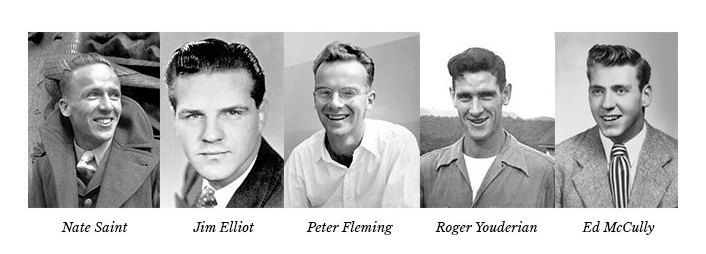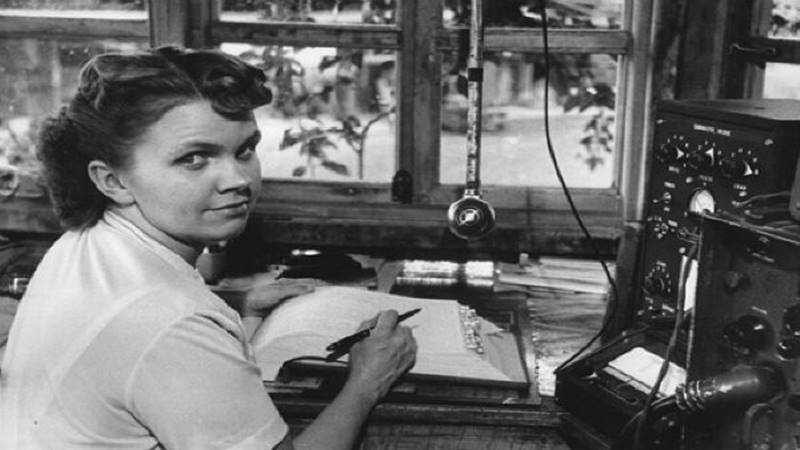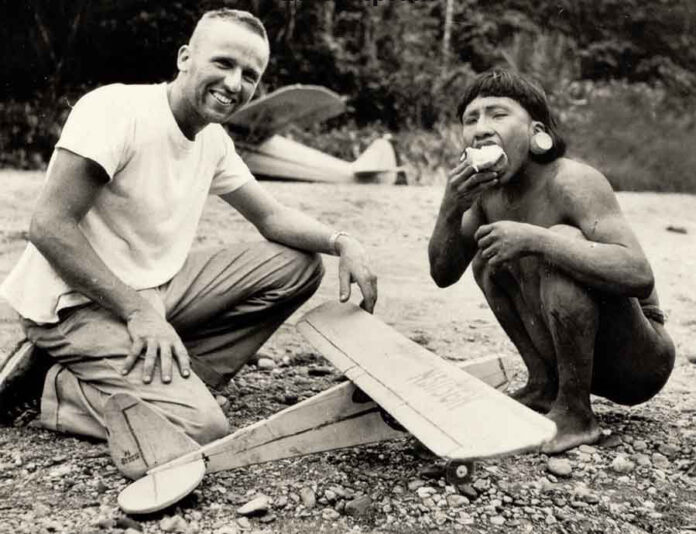In January 1956, during ‘Operation Auca,’ a tragic and shocking incident occurred deep within the heart of the Amazon rainforest that sent shockwaves through the world. Five Christian missionaries, Jim Elliot, Nate Saint, Ed McCully, Peter Fleming, and Roger Youderian, were brutally killed by the Huaorani tribe in Ecuador. This event is a poignant and controversial chapter in the history of missionary work and contact between indigenous peoples and outsiders. This article delves into the background, motivations, and consequences of this tragic incident.

Background
The Huaorani, also known as the Waorani or Waodani, are an indigenous people living in the Ecuadorian Amazon rainforest, known for their isolation and fierce protection of their territory. They have lived in relative seclusion for centuries, and their society was characterized by a hunter-gatherer lifestyle and a reputation for territorial aggression.
In the early 1950s, as part of the broader evangelical Christian movement, a group of American missionaries, including Jim Elliot, Nate Saint, Ed McCully, Peter Fleming, and Roger Youderian, sought to make contact with the Huaorani with the aim of converting them to Christianity. Their mission was to bring the message of Jesus Christ to this isolated tribe, which they referred to as “Aucas,” a term meaning “savages.”

Operation Auca
Operation Auca was the missionaries’ ambitious plan to establish contact with the Huaorani. The missionaries spent months flying over the Huaorani territory in a small aircraft, dropping gifts and supplies in an attempt to build trust. Their plan was to land near the Huaorani village and make peaceful contact with the tribe.
On January 3, 1956, the missionaries finally made contact with the Huaorani, landing their plane near a Huaorani village along the Curaray River. Initially, things seemed to be going well, as they shared gifts and made friendly gestures. However, within a few days, the situation took a deadly turn.

On January 8, 1956, tragedy struck. While the missionaries were at their camp, they were suddenly attacked by a group of Huaorani warriors. The exact reasons for the attack remain a subject of debate, but it is widely believed that the Huaorani misunderstood the missionaries’ intentions or felt threatened by their presence.
In a horrifying and brutal turn of events, all five missionaries were speared to death by the Huaorani warriors. Their bodies were later discovered by search parties, their lives cut short in their quest to share their religious beliefs with a remote tribe.


Impact and Legacy
The killings shocked the world and prompted a wide range of reactions. Many saw the missionaries as martyrs who had given their lives in pursuit of their faith and a noble cause. Their story was widely covered in the media, and it inspired numerous books, documentaries, and even a feature film, “End of the Spear.”
However, the tragedy also sparked controversy. Some criticized the missionaries for their approach, arguing that their presence had provoked the Huaorani and led to the violent confrontation. Others questioned the ethical implications of trying to convert a people who had lived in isolation for generations, arguing that it was an imposition of foreign values on indigenous culture.
The events of Operation Auca had profound and lasting consequences. The tragic deaths of the missionaries did not deter subsequent efforts to make contact with the Huaorani and other indigenous groups in the Amazon. Over time, more peaceful methods of engagement and cooperation were developed, leading to greater understanding between outsiders and the Huaorani.
In 1963, Rachel Saint, the sister of Nate Saint, one of the slain missionaries, made peaceful contact with the Huaorani. She lived among them for many years, learning their language and culture, and contributed to efforts to improve their living conditions and protect their land.

The killing of the five missionaries by the Huaorani tribe in Ecuador in 1956 remains a tragic and complex chapter in the history of missionary work and indigenous interactions. It serves as a reminder of the challenges and risks involved in attempts to make contact with isolated and uncontacted tribes. The legacy of this event continues to shape discussions on cultural preservation, indigenous rights, and the role of religion in remote and vulnerable communities.


